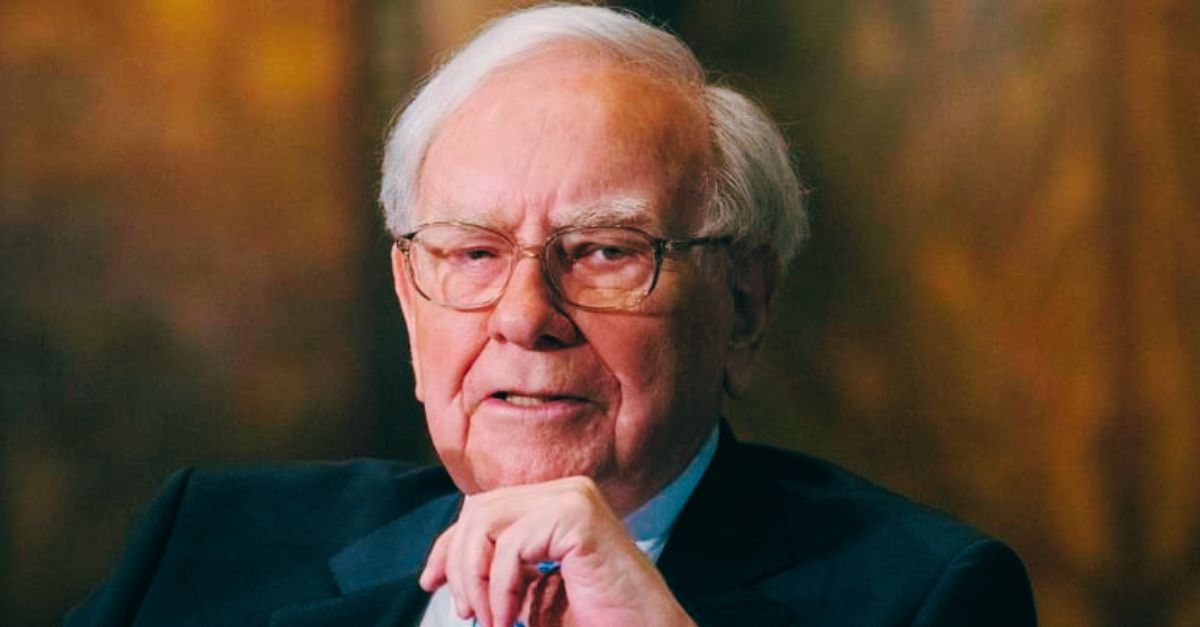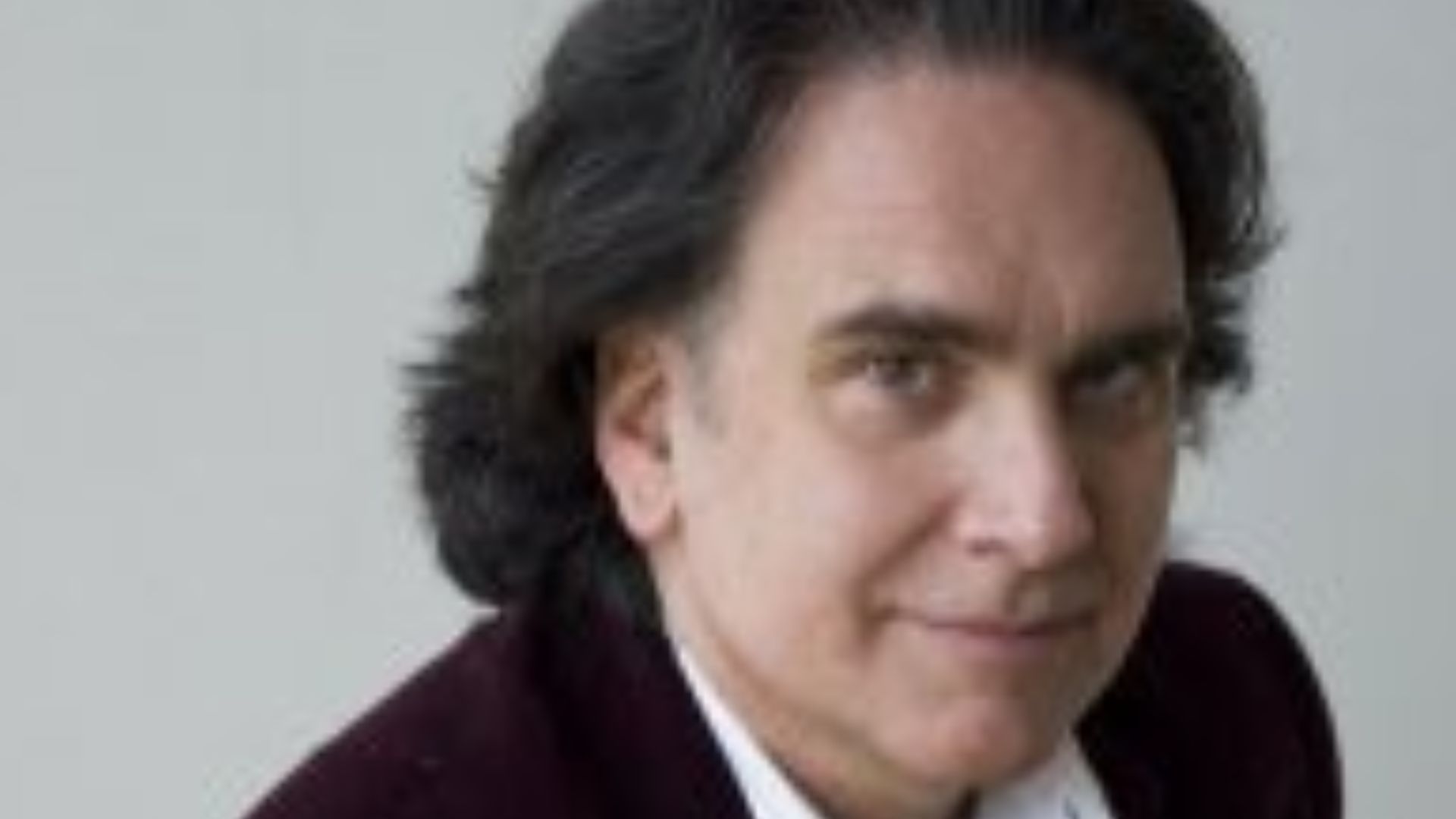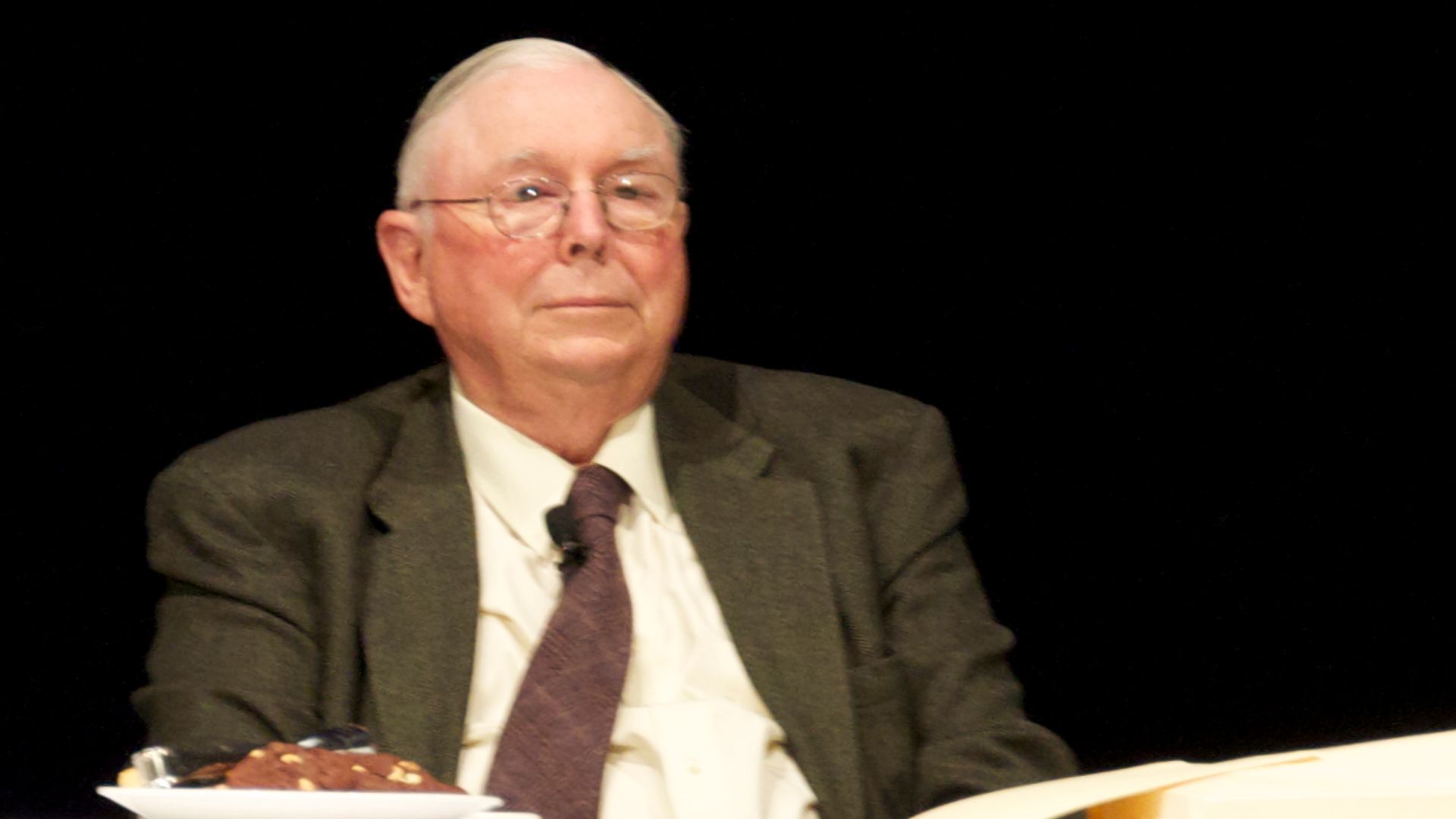Small Choices Matter
Money lessons don’t always start with numbers. In Buffett’s world, they start at the dinner table, in everyday choices, and in small habits that stick. His parenting approach quietly blends values with financial wisdom.

Omaha Oracle
Warren Edward Buffett was born on August 30, 1930, in Omaha, Nebraska, and demonstrated entrepreneurial spirit from his earliest years. Today, at 94, he commands a net worth of $160.2 billion as CEO of Berkshire Hathaway, yet lives in the same modest home he bought in 1958.
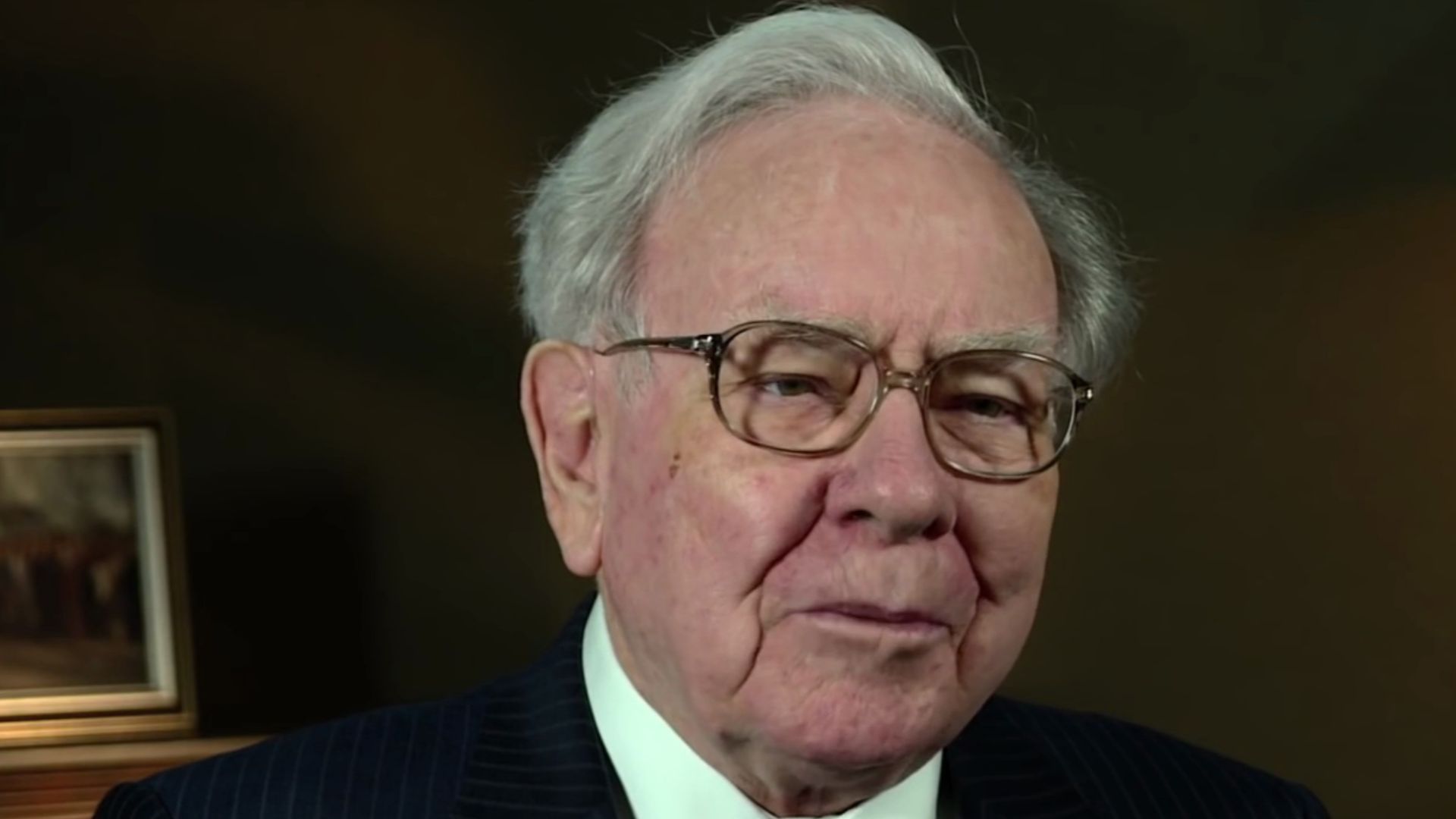 USA International Trade Administration, Wikimedia Commons
USA International Trade Administration, Wikimedia Commons
Parenting Philosophy
"There was no blank check anywhere, ever," recalls Peter Buffett about his billionaire father's approach to raising children. Buffett's parenting philosophy centers on teaching values rather than providing unlimited resources. His three children—Susan, Howard, and Peter—have all become successful philanthropists in their own right.
Early Start
The Oracle of Omaha believes parents make their biggest mistake by "waiting until their kids are in their teens before they start talking about managing money, when they could be starting when their kids are in preschool".
 Irina Mikhailichenko, Shutterstock
Irina Mikhailichenko, Shutterstock
Financial Discussions
According to a 2018 T Rowe Price survey of over 2,000 participants, 34% of respondents said their financial habits were shaped more significantly by lessons from their parents, while 30% waited until age 15 or older. Buffett himself learned money lessons from his father, Howard, at age six.
Will Transparency
November 2024 brought his most important parenting guidance through Buffett’s Berkshire Hathaway shareholder letter. "When your children are mature, have them read your will before you sign it," he advised all parents, regardless of wealth level. This transparency prevents posthumous confusion.
Family Discussion Benefits
It is said that Buffett changes his will every few years after incorporating suggestions from his kids. "Over the years, I have had questions or commentary from all three of my children and have often adopted their suggestions," he admits.
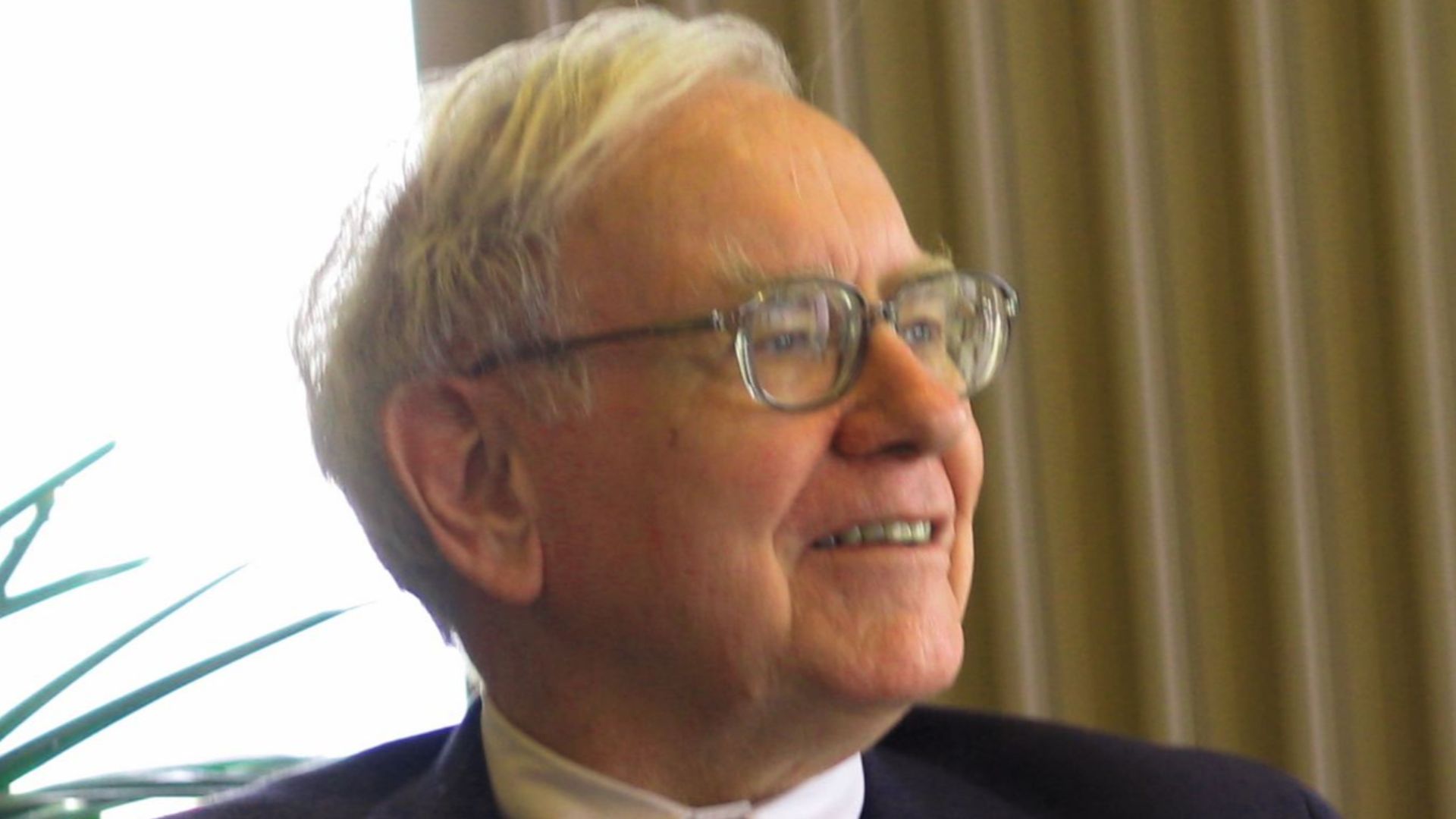 Mark Hirschey, Wikimedia Commons
Mark Hirschey, Wikimedia Commons
Preventing Family Destruction
Charlie Munger and Buffett witnessed countless families torn apart by surprise will provisions that left beneficiaries “confused and sometimes angry”. Jealousies and childhood resentments become magnified when inheritance decisions seem unfair or unexplained. "You don't want your children asking 'Why?' in respect to testamentary decisions”.
Balanced Inheritance
He also wrote in his 2024 shareholder letter that extremely wealthy parents should leave their kids enough to do anything, but not so much that they can do nothing. This fine balance allows people to live productive lives while preventing poverty and entitlement.
 Photo By: Kaboompics.com, Pexels
Photo By: Kaboompics.com, Pexels
Earning Basics
By the age of 13, this man was running multiple businesses, including delivering newspapers, selling golf balls and stamps, and detailing cars. He famously took a $35 tax deduction for his bicycle and watch, which he used in his paper route—his first lesson in business expenses.
Saving First
"Do not save what is left after spending; instead, spend what is left after saving," Buffett famously advises. This counterintuitive approach encourages families to prioritize saving by automatically setting aside a portion of income before making any purchases, a habit that strengthens over time.
Work Passion
Peter Buffett explains his father's philosophy, saying that for him, the essence of a good work ethic starts with spotting something you love to do, so that work becomes fun even if you’re scared. The philanthropist himself still "tap-dances to work" every morning at 94.
Integrity Matters
"It takes 20 years to build a reputation and five minutes to ruin it," emphasizing that integrity forms the foundation of all success. He advocates the "newspaper test," which only takes actions you'd be comfortable seeing described in detail on your local newspaper's front page.
Reading Habits
Every morning, Buffett spends 80% of his day, about 5–6 hours, reading newspapers, annual reports, and books. He credits this habit as "one of the most important and beneficial" practices that made him successful, believing books provide “the easiest way to learn from others' experiences”.
Smart Decisions
Always model decision-making by talking children through your choices: "We want to buy a new TV, but our AC is broken and we need to save money to get it fixed". This transparency helps children understand trade-offs and opportunity costs in real time. Question children about their desires.
Growth Mindset
He encourages parents to guide children toward expanding industries rather than declining ones by mentioning that you don't receive more points for doing something complicated if a more straightforward path exists. This principle helped Buffett himself avoid investing in failing textile companies while leaning towards growing sectors.
Investment Fundamentals
Index funds consistently outperform 90% of professional money managers over long periods, which is why this man recommends them for average investors. His specific advice is to place 10% of cash in short-term government bonds and 90% in a very low-cost S&P 500 index fund.
Patient Investing
Patience can multiply money over the years. Time converts small investments into fortunes through compound interest, Buffett's favorite mathematical concept. Between 1965 and 2024, Berkshire Hathaway shares rose 5,502,284% while the S&P 500 gained 39,054%—both requiring decades of patience.
Debt Dangers
Credit card interest rates of 18–20% would make even a millionaire broke. "I've seen more people fail because of liquor and leverage—leverage being borrowed money," he warned at Notre Dame in 1991. Sadly, consumer debt destroys wealth faster than almost any investment can build it.
Risk Knowledge
Ignorance creates the greatest financial risk, not market volatility or economic downturns. After all, risk enters when you do not know what you're doing. Before making any investment or financial decision, Buffet spends months studying company reports, industry trends, and competitive advantages.
Self Investment
Dale Carnegie's public speaking course cost him $100 in his twenties—the most valuable investment he ever made. The University of Nebraska and Columbia University diplomas don't hang in his office, but his Dale Carnegie certificate does. Parents should therefore prioritize spending on their children's skill development, education, and personal growth.
 Adam Jones from Kelowna, BC, Canada, Wikimedia Commons
Adam Jones from Kelowna, BC, Canada, Wikimedia Commons
Lifelong Learning
"Go to bed smarter than when you woke up," advised Charlie Munger, Buffett’s longtime business partner, who died in 2023 at age 99. The philanthropist reads voraciously across disciplines—business, history, biography, and science—believing diverse knowledge creates competitive advantages. Learning extends far beyond formal education.
Skill Building
As a parent, you should expose children to different experiences, helping them discover natural talents and interests. Buffett’s own children pursued different directions: Susan focused on early childhood education, Howard became a farmer and philanthropist, and Peter chose music composition.
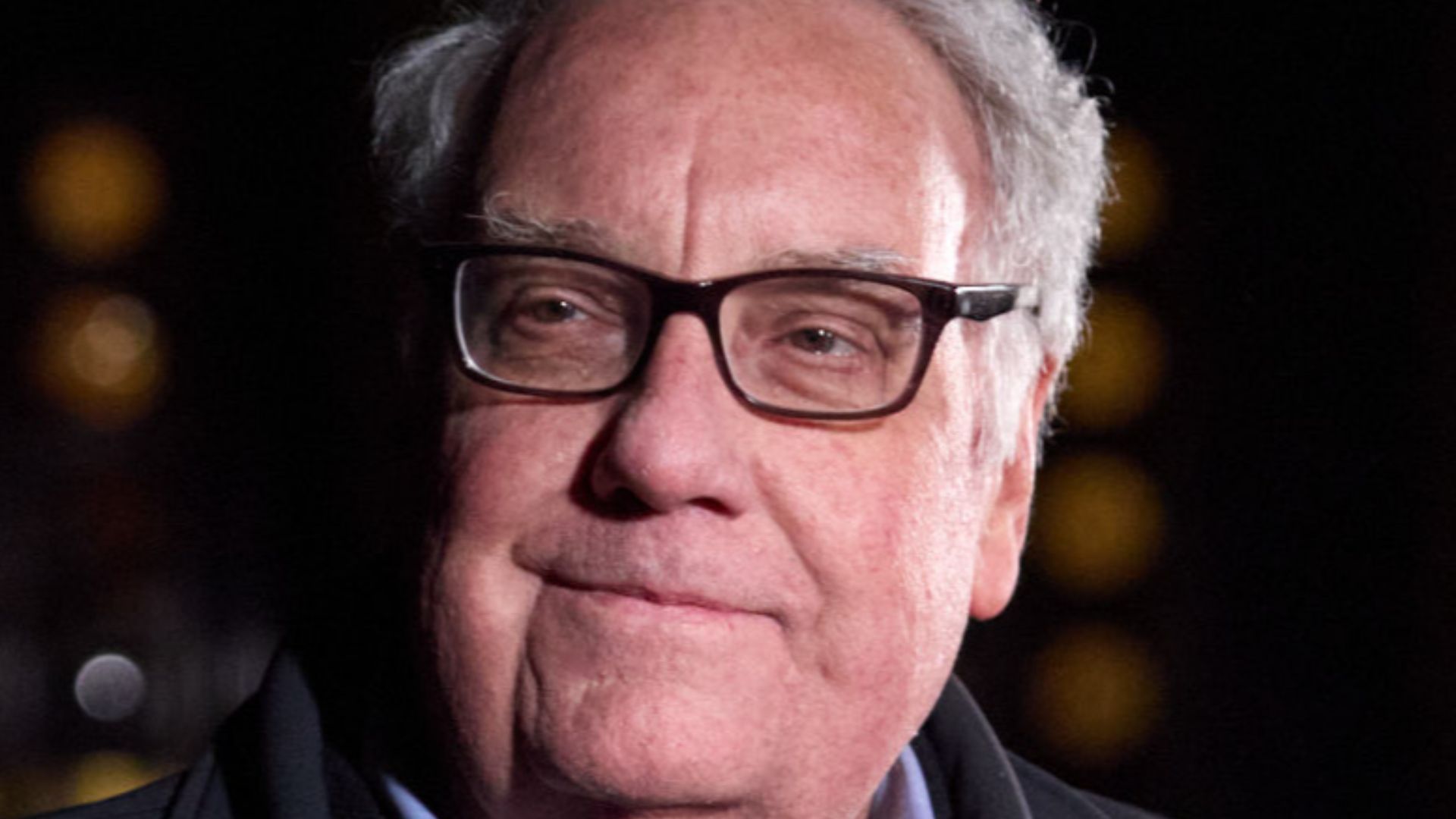 President Of Ukraine from Ukraine, Wikimedia Commons
President Of Ukraine from Ukraine, Wikimedia Commons
Smart Relationships
It's essential to choose friends and mentors who enhance your thinking and moral standards. This individual credited much of his success to surrounding himself with exceptional people. He looks for three qualities: intelligence, integrity, and energy. Without integrity, the other two become dangerous.
Giving Back
The Giving Pledge, co-founded by Warren Buffett and Bill Gates in 2010, encourages billionaires to donate at least half their wealth to charity. Over 250 wealthy individuals from 30 countries have joined this commitment, reshaping philanthropy worldwide. Parents should instill charitable values early.
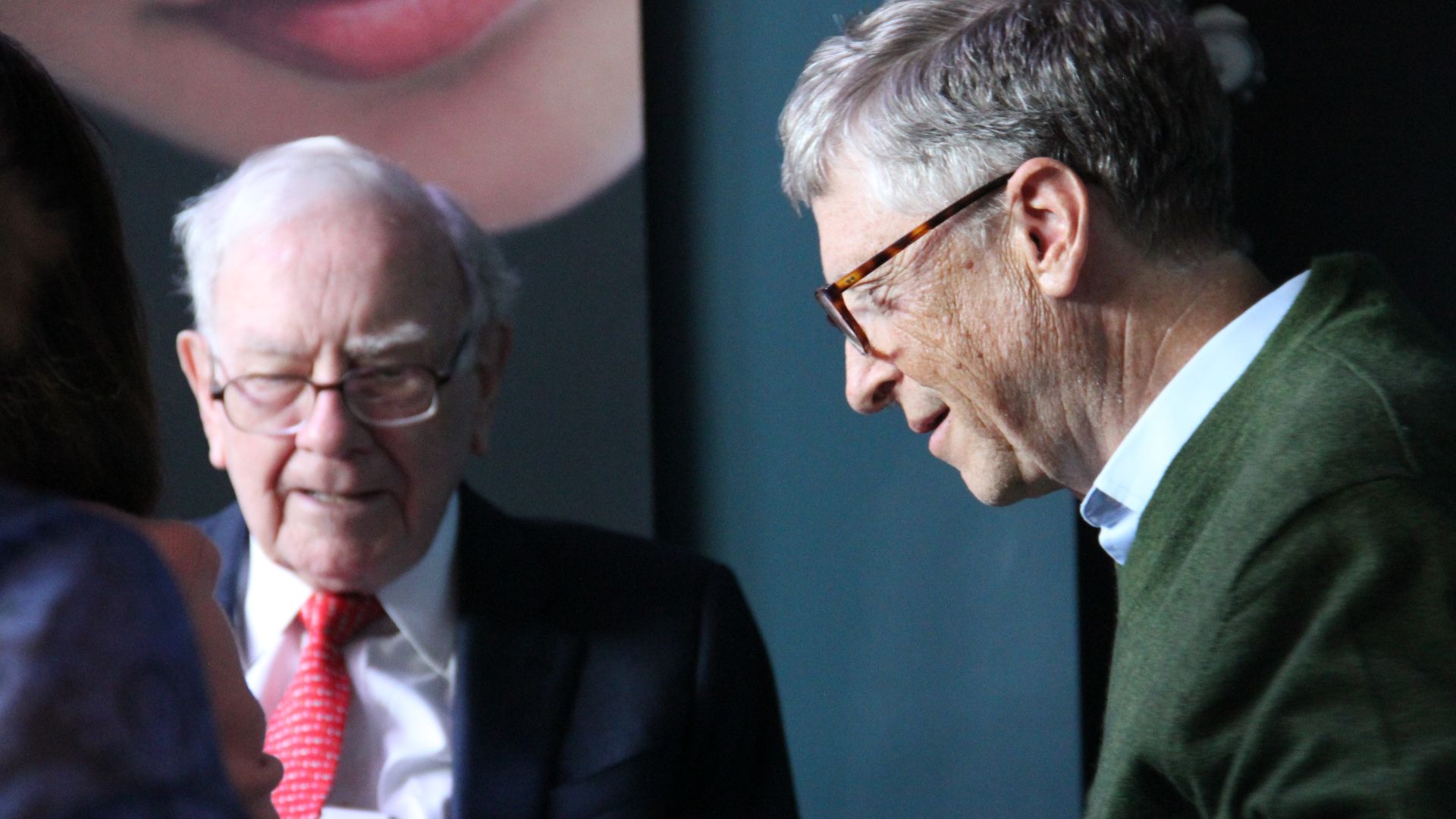 BorsheimsJewelry, Wikimedia Commons
BorsheimsJewelry, Wikimedia Commons

